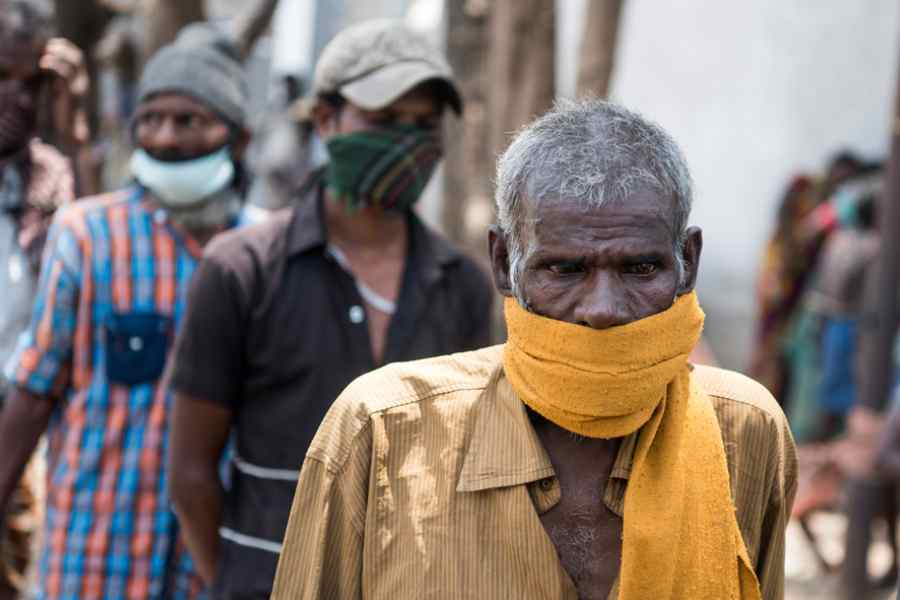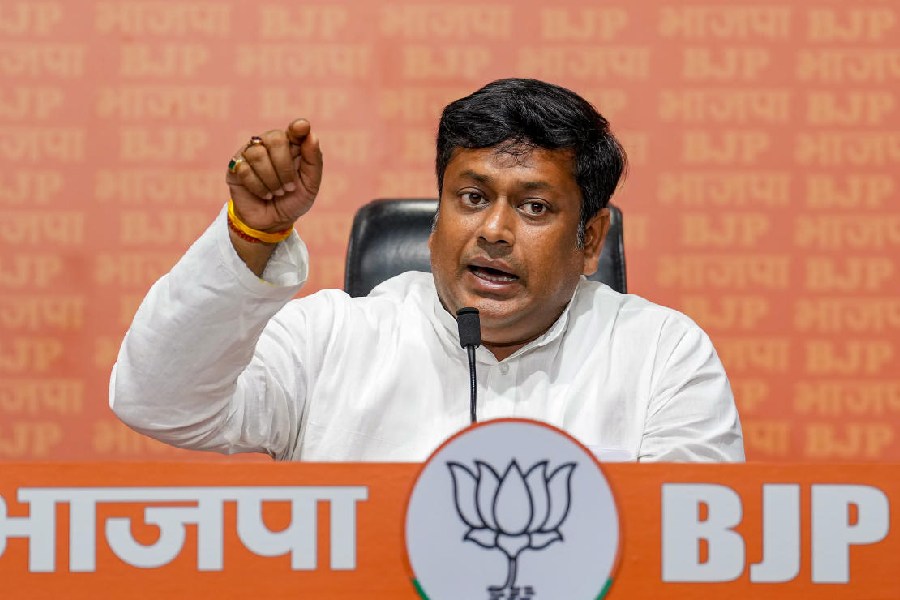In Indian mythology, Eklavya had to have his thumb cut off as guru dakshina to his mentor. Cut to the present and the story is enacted many times as auto-sector workers — today’s Eklavyas — are maimed not by mentors but by the greed and the insensitivity of their employers. Their plight seared the public conscience at a unique conference held in Gurgaon, Haryana, last year. Over a thousand workers employed in the myriad auto component factories that dot the industrial landscape had assembled there. A common feature was the maimed hands and fingers of almost all the workers.
The organisers of the conference, the Safe in India Foundation, released a report, CRUSHED2023, on the occasion. The report, based on intensive research and data collected from the over 6,000 workers SII has assisted since its inception in 2016, is a wake-up call to society.
Why do so many accidents occur? It is estimated that 70% of the accidents are caused on the power press machines, and in almost all the cases the workers had lost at least two fingers. Firms in the supply chain have very poor safety standards with over 48% of the accidents taking place on a malfunctioning machine. If the machines had been equipped with safety accessories — these are not expensive — they could have saved many workers. Moreover, there is relentless pressure to increase productivity. In the frenzied pursuit for profits, unrealistic targets are set and the workers are pushed to work harder for longer hours. Often, workers are not given adequate training. Sometimes helpers are coerced to operate the machines even when they have no training at all.
CRUSHED2023 reveals other shocking details. According to government regulations, a worker should have completed the 10th grade to operate a power press. But in reality, most workers are poorly educated, with more than 81% of injured workers not having completed even Class 10. Most factories prefer to employ migrants: 88% of the injured workers surveyed were migrants. These accidents blight many young lives — 50% of the injured workers were less than 30 years of age.
The trauma of mangled hands is only the beginning of a long, merciless journey for an injured worker. The employers are mandated to provide workers with an e-Pehchan card of the Employees State Insurance Corporation on the day they join. This card is essential to avail the services of the ESIC. Most employers do not get ESIC cards made for their employees. In two-thirds of the accidents in Maharashtra and in Haryana, the cards were made after the accident. Another common malpractice by employers is to give ‘human failure’ as the cause of the accident. This puts the blame on the worker when the accidents are actually due to poor maintenance and faulty machines.
The Gurgaon conference saw women workers speaking fearlessly about their plight. They face all the ordeals that men have to face; but in addition, they also face discrimination in wages, lack of toilets and creches, and social stigma. When their hands get mutilated, life becomes an endless nightmare. Often their husbands desert them and they are left jobless with little children to care for. Their only hope is the SII, which helps them navigate the bureaucracy to get treatment and compensation.
What is to be done? The answer is not rocket science. First, listen to workers! Build confidential grievance redressal helplines. If workers say a machine is faulty, get it checked. Don’t coerce them to operate it. Second, if the government were to come down just as heavily on firms that infringe labour laws as it does on firms infringing tax laws, there would be far fewer crushed fingers. Third, the mighty brands of the automobile sector — Maruti, Tata, Mahindra, Hyundai et al — must mandatorily audit the accident record of firms in their supply chain and bar those that have poor results. A few penalties on some and all errant firms will fall in line. Finally, what can we as consumers do? Launch a campaign: all cars must certify that no fingers were crushed in their making. No certificate, no purchase! And no more Eklavyas.
Nisha Srivastava is Visiting Professor, Institute for Human Development, Delhi










